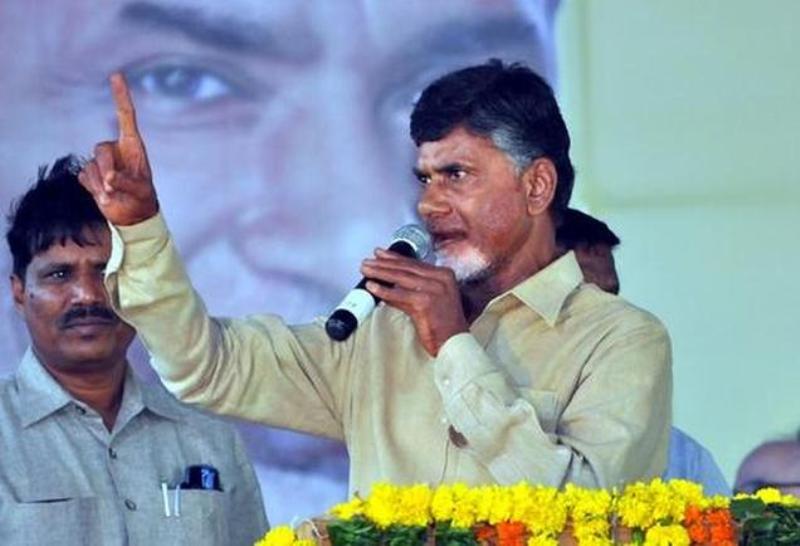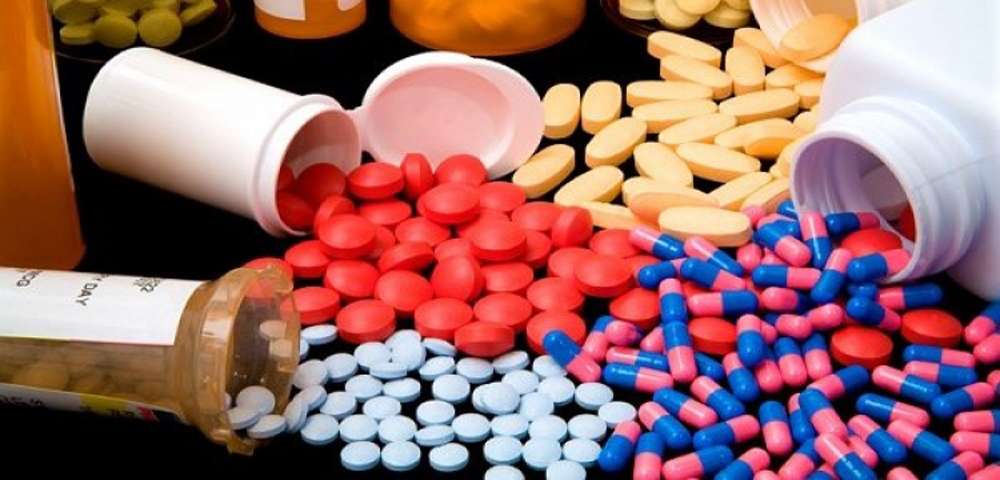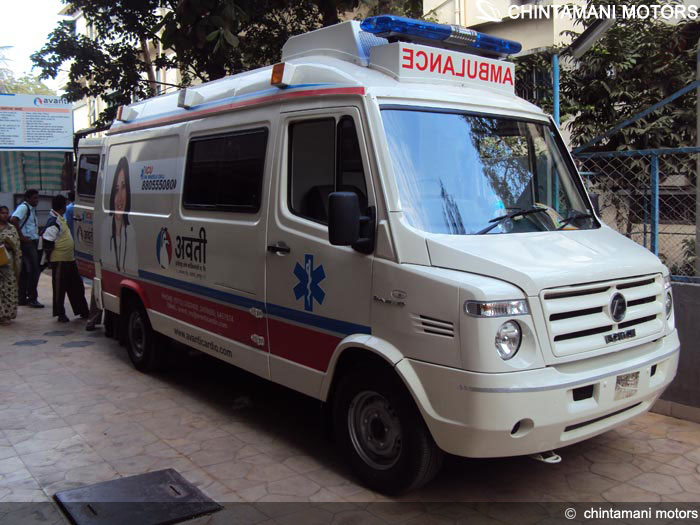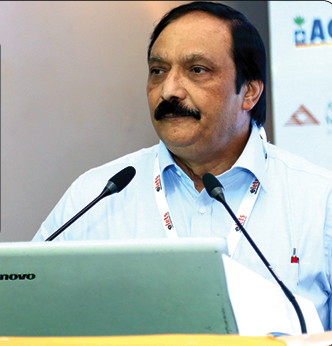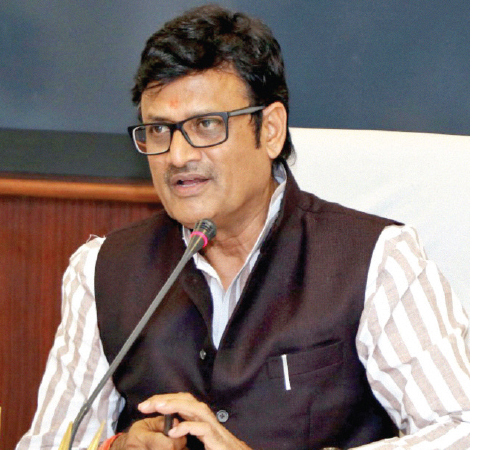Be it in terms of 24X7 healthcare services or HIV/AIDS testing centres or a high number of deliveries in hospital, a quiet revolution is sweeping through Tamil Nadu’s public healthcare system. Making it all happen is advanced technology and greater political will. “I will consider it a great shame even if one person dies in the state for want of medical attention or lack of drugs in government hospitals,” Chief Minister M. Karunanidhi has told his health department, giving the go-ahead to 24X7 services at the taluk (district sub-division) level public health centres (PHCs). The government last week also joined hands with the Confederation of Indian Industry (CII) to provide round-the-clock service through district-level telemedicine centres. The effort to extend healthcare cover to the entire state is being overseen by an umbrella organisation the government has set up, the Tamil Nadu Health Systems Project (TNHSP), headed by special secretary to the government, P.W.C. Davidar. “Since 2006, our attempt has been to bring harmony in the various services under integrated management of public facilities,” Davidar told IANS. Tamil Nadu has about 1,417 PHCs and about 8,682 health sub-centres. Saying that “all the PHCs should be made 24-hour facilities”, Karunanidhi has ordered that before the year ends as many as 460 PHCs have to be converted into 24X7 hospitals. The others are already round the clock facilities. In March 2008, union Health Minister Anbumani Ramadoss claimed Tamil Nadu is the “best performer in the implementation of the National Rural Health Mission”, noting that in Tamil Nadu’s PHCs, more than 770,000 deliveries had taken place last year. It shows a dramatic increase in PHC facility usage, given that in rural India childbirth usually takes place at home. In fact, all mothers visiting PHCs are now being issued a smart card for healthcare that carries the photo of the woman and her family history. The chief minister has also asked government hospitals to develop adequate stocks of medicines and ensure an MRI scan machine in every district hospital. The state has been given INR 1 billion (US$ 25 million) from the National AIDS Control Programme (NACP) to step up HIV/AIDS prevention and control at the district level. As many as 378 PHCs have testing facilities. The state has also set up a trust for care of children orphaned by AIDS, with a corpus of INR 50 million (US$ 1.25 million). There are 760 testing centres and more than 30 care hospitals where two million people came for voluntary HIV testing in 2007. The chief minister has said over 6,700 doctors and 14,000 paramedical staff have been appointed in Tamil Nadu in the last financial year. “The level of health financing is low, 75 percent of funds go into paying salaries and maintaining equipment,” Davidar pointed out. “There is a growing burden of non-communicable diseases, even as we are trying to reduce maternal and infant mortality rates further, reduce AIDS/HIV prence, increase access to healthcare among the poor, the SC/ST and others,” said a TNHSP official. “Six district headquarter hospitals in Tamil Nadu have telemedicine facilities. We will establish this facility at all district headquarter hospitals soon,” health and family welfare secretary V.K. Subburaj told a CII initiative last week. All 30 Tamil Nadu districts are expected to be empowered by the yearend. “Telemedicine may turn out to be the cheapest as well as fastest way to bridge the rural-urban divide,” said C.R. Swaminathan, deputy chairman, CII southern region.

Be a part of Elets Collaborative Initiatives. Join Us for Upcoming Events and explore business opportunities. Like us on Facebook , connect with us on LinkedIn and follow us on Twitter , Instagram.


